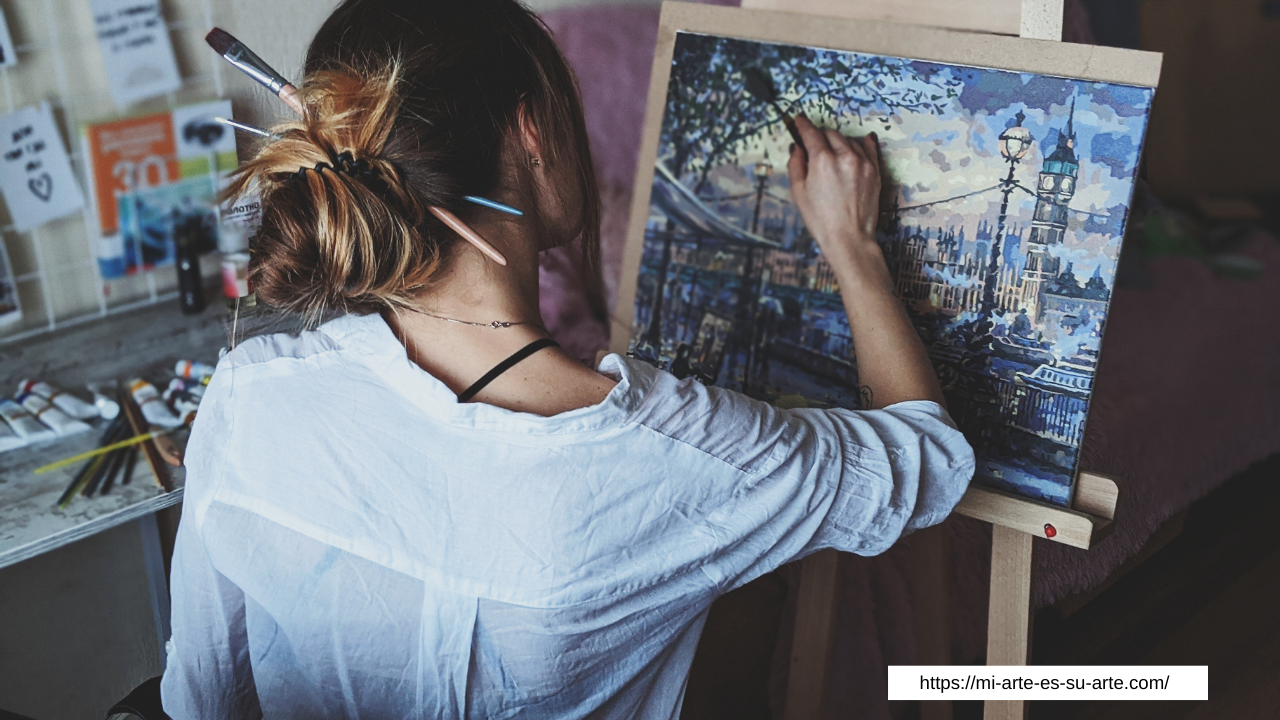 Creativity is often celebrated as a source of inspiration, joy, and self-expression. For artists, writing, painting, performing, or composing music can provide an extraordinary outlet for emotion. Yet, behind the brilliance of creative work lies a hidden reality. Many artists experience profound emotional challenges that can take a serious toll on mental health and well-being. The pressures of artistic life, combined with heightened sensitivity and exposure to trauma, can lead some to struggle with addiction, depression, anxiety, and other mental health disorders.
Creativity is often celebrated as a source of inspiration, joy, and self-expression. For artists, writing, painting, performing, or composing music can provide an extraordinary outlet for emotion. Yet, behind the brilliance of creative work lies a hidden reality. Many artists experience profound emotional challenges that can take a serious toll on mental health and well-being. The pressures of artistic life, combined with heightened sensitivity and exposure to trauma, can lead some to struggle with addiction, depression, anxiety, and other mental health disorders.
Understanding the Emotional Strain of Creativity
Artists tend to be highly sensitive individuals, deeply attuned to both their internal emotions and the world around them. This sensitivity allows them to create work that resonates with audiences, but it also increases vulnerability to emotional distress. Constantly processing intense feelings can result in anxiety, self-doubt, or depressive episodes. When left unaddressed, these challenges may escalate, affecting both personal and professional life.
The Pressure to Perform
Artistic careers often come with high expectations. Deadlines, public performances, gallery exhibitions, and critical reception can create persistent stress. Many artists struggle with perfectionism, fearing that their work will never be good enough. This pressure can magnify feelings of inadequacy and heighten emotional strain, sometimes pushing artists toward unhealthy coping mechanisms.
The Role of Isolation
While creativity requires focus and solitude, prolonged isolation can be harmful. Many artists find themselves working alone for extended periods, which can exacerbate feelings of loneliness and disconnection. This isolation may compound pre-existing mental health conditions and, in some cases, contribute to substance misuse as a form of temporary relief.
Addiction and the Creative Mind
For some artists, substances may initially seem to enhance creativity or provide relief from emotional pain. Alcohol, drugs, or other addictive behaviors can temporarily reduce anxiety, improve confidence, or help manage intense emotions. However, these strategies often lead to dependence, further mental health struggles, and disruption in daily life. Addiction and mental health issues can create a destructive cycle that is difficult to escape without professional support.
Holistic and Individualized Paths to Healing
Recovery is possible when artists receive compassionate, comprehensive care tailored to their unique needs. Holistic treatment approaches combine mental health therapy, addiction recovery programs, and faith-based support to address both the psychological and spiritual aspects of healing. Inpatient care provides a structured environment for deep recovery work, while outpatient services allow flexibility for ongoing artistic or professional commitments. Integrating creative expression into therapy can also help artists process emotions safely and rediscover healthy ways to channel their inspiration.
Finding Support and Building Resilience
Support networks are vital for recovery. Professional guidance, peer support groups, and family involvement can all contribute to sustained healing. When artists learn strategies for emotional regulation, mindfulness, and self-care, they can reclaim both their mental health and their creative potential.
Turning Darkness into Strength
The challenges of artistic life do not have to define the future. With the right support and personalized care, artists can navigate the hidden mental toll of creativity and find balance. Healing enables not only personal well-being but also the ability to create meaningful, authentic art.
If you or a loved one is struggling with addiction or mental health challenges, help is available. Reach out today to take the first step toward recovery and rediscover the joy of creativity in a safe, supportive environment.